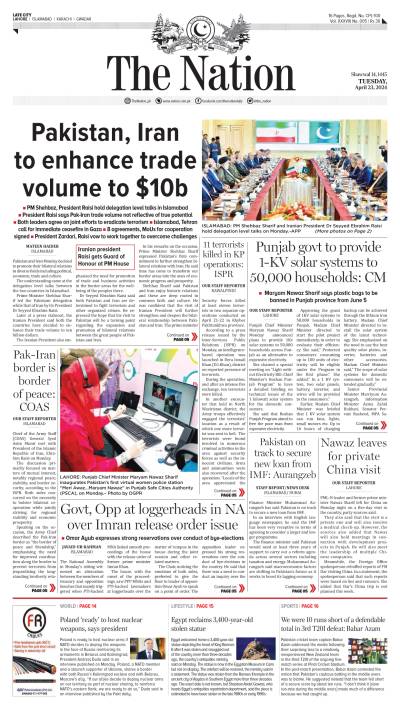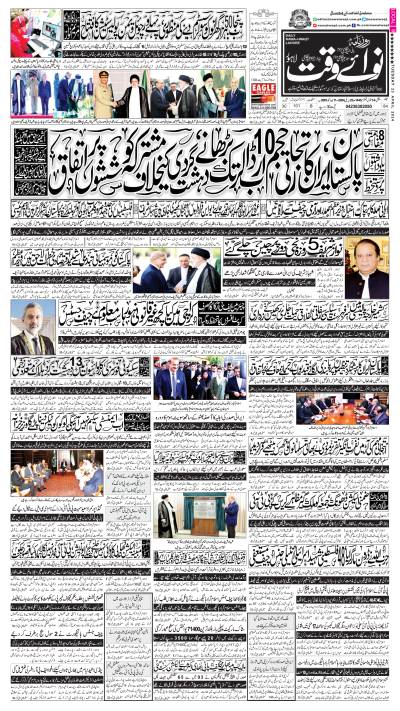Sarah Rainsford - Smothered in a thick, pristine layer of snow, the quiet village of Privolnoye feels very far from the heart of power.
But this remote spot was once home to Mikhail Gorbachev, the last leader of the Soviet Union. Twenty-five years after the end of that empire, his legacy remains hotly disputed.
"The place is covered in shame for producing that man," our taxi driver growled when we told him where we were heading. Like many Russians, Andrei holds Mr Gorbachev responsible for the collapse of the USSR. But in Privolnoye itself people still have warm words for the man widely admired in the West for ending the Cold War without bloodshed.
I met Raisa Kopeykina sweeping the snow from outside her stone house, on the same street as the primary school where she and Mikhail Gorbachev once studied.
Raisa went on to teach chemistry, while the farmers' son she once knew as Misha climbed the ranks of the Communist Party to the very top.
"He was a simple, approachable lad from an ordinary village and he rose to become general secretary in front of our eyes," Raisa enthused, at a table piled high with photographs from her youth. "He was very clever and we're proud that we lived and worked with him," she said.
On 25 December 1991, Raisa remembers worrying as she watched her old classmate announce his resignation on television. The USSR was formally dissolved the following day.
There are still reminders of the old days in Privolnoye. A stone Lenin, recently restored, stands proudly outside the Palace of Culture. But there is now an Orthodox church alongside him, partly financed by the man who once presided over an atheist state.
Inside is an ornate icon of Our Lady of Kazan, also donated to the church by Mikhail Gorbachev. "I was christened in secret, no-one knew about it," church warden Viktor Kudrin recalled, before describing how things have changed.
"The reason the priest isn't here now is that there's a new church in the next village, and the next one too," he told me. "There's real demand and we can't train priests quickly enough."
Inside the Palace of Culture, some of the older villagers were also happy they could worship freely now. One woman remembered how the first American visitor here had brought Bibles. Most approved of the economic reforms that Mikhail Gorbachev initiated, too, that allowed their farms to become more productive and profitable.
When it comes to losing the USSR, though, even loyal Privolnoye has mixed feelings.
"Of course, Mikhail Gorbachev did a lot for our village, a lot," one man told me, over tea and homemade pies. "But as for the USSR, we're upset about that." Next door, the most famous man from the village has pride of place in a mini museum. A sign below photographs of Mikhail Gorbachev declares that he was the first leader to whom Russians could openly say "no". "Thinking differently stopped being a crime," the sign goes on, and mentions the rehabilitation of political prisoners too.
But the profound shake-up initiated by Mikhail Gorbachev eventually blew away the foundations of the USSR and an increasing number of Russians regret that.
A poll this month by the independent Levada centre put the figure at 56%. Earlier this week, Vladimir Putin's spokesman said the president still saw the Soviet collapse as a "catastrophe".
It was to be the end of a superpower and Russians have struggled with that loss of status ever since. "Germany is united now, but our country fell apart," a pensioner named Nikolai told me bluntly. "That's a mistake by our leaders. They could have saved it." –BBC





